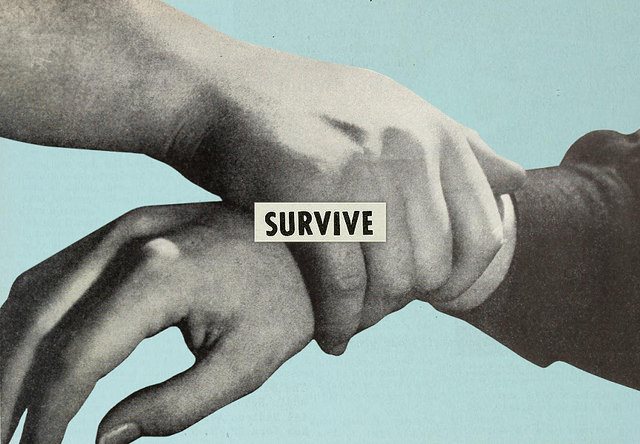Addressing Suicide and Mental Health in Egypt: A Hopeful Resolution for the New Decade
The end of every year usually has us all feeling stressed and under a lot of pressure because it’s the time when we contemplate the promises we made to ourselves at the beginning of the year, and reflect on how the year then went by. Pondering over such things can often lead to feelings of failure, shame and isolation.
2019 witnessed several incidents of suicide, many of which were by high-school or university students and, unfortunately, there has been a rise in the number of suicide attempts in Egypt. However, the number of therapists, mental health practitioners, and organizations for addiction, treatment, and suicide prevention are also increasing and this is good news!
Kenzy Fahmy, a Psychologist who has worked with clinical populations, explained that isolation is increasing and family bonds aren’t as strong as they once were. “Although it’s a very complex relationship, people’s relationship with God and religion is also changing, and this can have an effect on both their mental health and the increasing rate of suicide,” said Fahmy.
There are several community initiatives, such as ‘Lilac’ and ‘Msh Lwahdk’ (You are not alone), which aim to end the stigma around mental illness in Egypt, and encourage those who are suffering to reach out and talk about what they’re going through.

Fahmy stressed that campaigns work really well in showing people that they’re not alone, and that there are organisations and groups who are there to help, because it’s important for them to know there’s someone they can turn to, someone who will not judge them.
“While our awareness and understanding of mental health is certainly progressing, there is still a great deal of stigma when it comes to those suffering from any mental illness. One of the biggest problems we face is that people are still afraid of seeking treatment, in addition to being unaware of which kind of treatment to seek, which often leads them to seek treatment very late,” noted Fahmy.
In November 2019, Shahd Ahmed Kamal, an undergraduate student at Suez Canal University committed suicide after apparently suffering from negative thoughts and obsessive-compulsive disorder (OCD). By the time Kamal visited a psychiatrist, it was already too late to stop her from taking her own life.
Fahmy highlighted that the later one seeks professional help, the harder it is to treat whatever disorder the individual is suffering from.
The Egyptian community has come a long way, from considering suicide as a taboo, to accepting it as a mental illness that needs to be treated. “Mental illness is a taboo that we’re slowly breaking,” concluded Fahmy.
